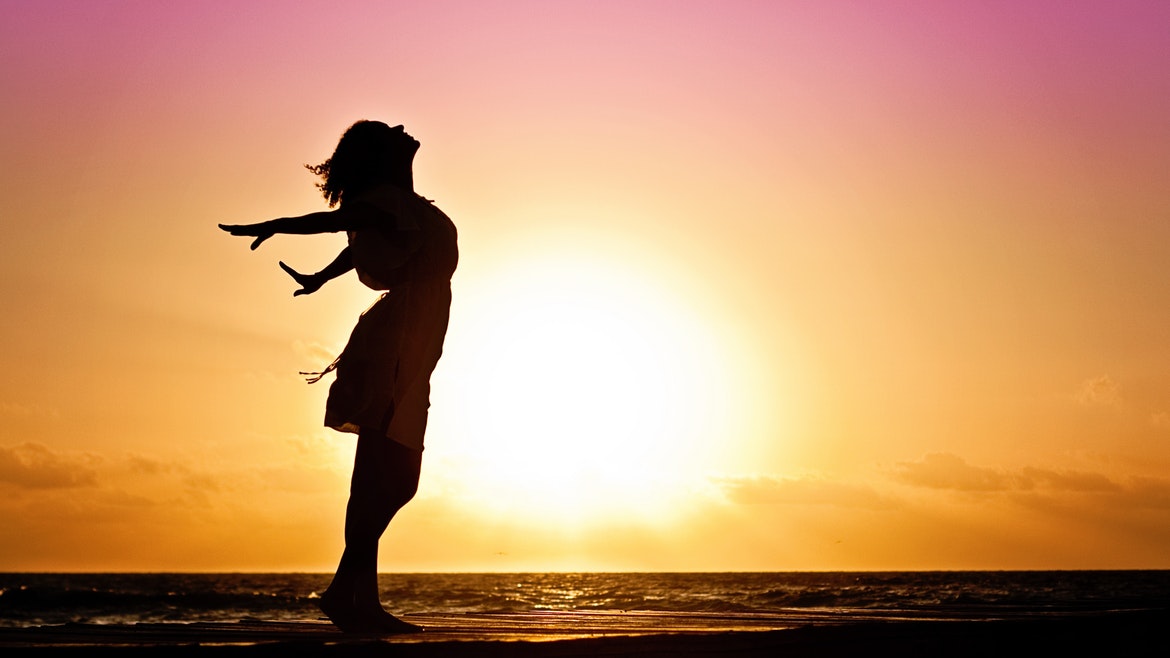I am 21 years old and the mom of a preschool girl. I have no brother or sister. I look young, and I am small. I have been the subject of criticism based on stereotypes, and I have been underestimated and abused as a woman. Yes, more than once, I have been a victim, just because of my gender.
Four years ago, my success was determined according to my high-school grades and academic achievements. But life does not prepare you with classes before an exam, and most of the time it does not reward you with excellent grades or recognition.
When I turned 18, I approached liberalism on account of several considerations that made me realize the importance of freedom. They included taking control of my life to guide my daughter’s life, letting go of my regrets, college experiences, and meeting wonderful people.
Being free is being independent, responsible, and conscious that the protagonist of your own life is you. In other words, the one who has the capacity to build your own destiny and seek your well-being is you alone.
Life is a sequence of challenges for everyone, with or without “positive” or “negative” discrimination. Your success does not come from gender, age, wealth, or social division. So we all have two alternatives: (1) to play the victim as a superficial solution, or (2) understand the conflict and strike it at the root.
Ladies, enough with the victimization. It is time to put government aid aside, because it only gives us superficial legal frameworks and privileges.
If someone argues that policies that favor women are a success for gender advocacy, I have an opposite example: for young women of fertile age, getting a job is extremely difficult. In addition to the concern about work absences, legislation in Ecuador mandates three months of maternity leave with salary, which obviously hurts businesses and scares them away from women.
Protecting and guaranteeing rights for a specific social group is, in fact, a reduction of liberties for others. Further, the unexpected consequences often work contrary to the stated purpose of the legislation.
The law or a judge will not save a woman deeply involved in a relationship with a violent man. According to her — with her low self-esteem — no one will appreciate her; she will not be able to continue with her life apart from him. She is the one who can walk away, but she needs to believe in herself, to be independent and empowered, to know how wonderful she is. The most the state does is tell her she is vulnerable and in need of its protection.
A women-only shuttle service or protests shouting “ni una menos” (not one more female victim) address only the problem not the causes, while cities and countries remain dangerous for girls and women. Rather than empowering us with genuine opportunities, these remedies merely disguise the reality and perpetuate a damsel-in-distress fairy tale.
Given my experience as a passionate advocate for liberty, I now believe that all legal resources for women are no substitute for self-confidence and strength of character. Unfortunately, contemporary feminism has created a vicious cycle of helplessness, social division, and vengeance against even innocent men.
Further, given my greater sense for what a free person can achieve, I feel empowered. A courageous, independent woman knows her limits and does not accept a violent man; she decides for herself whether she wants to be a mother and how many children she might have; she pursues the vocation of her dreams and perhaps becomes an entrepreneur; and she does not succumb to manipulation on the path to her goals. A free and empowered woman knows that she is the one who will decide her limits.




